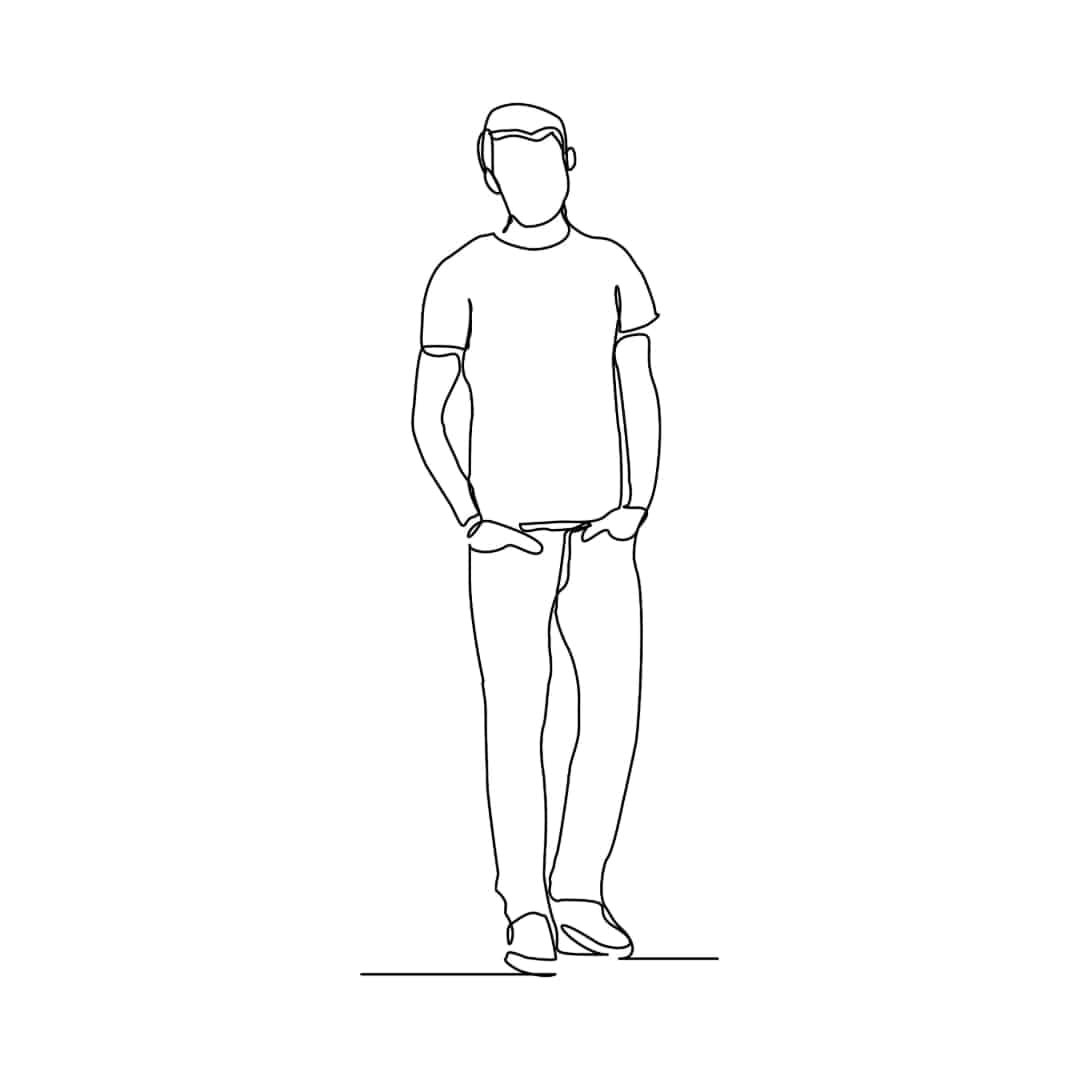Trauma is extremely complex and can come from a wide variety of causes. It could either build up after time or hit someone out of the blue after a life-altering event.
Since each case is so different, trauma is organized into five different categories. These categories are intended to help us understand how to treat each type of trauma.
What Is Trauma?
But before we hop into the different types and treatments of trauma, let’s go over what trauma is in general. Trauma, by definition, is a response to an event that someone finds highly stressful.

Trauma can appear at random points throughout a person’s life and can cause many physical and emotional effects. One of the most common results of trauma is PTSD, which comes with its own set of symptoms.
How Trauma Can Affect You
Emotional and physical symptoms of trauma may include:
- Denial
- Anger
- Fear
- Anxiety
- Depression
- Shame
- Emotional outbursts
- Withdrawing from others
- Flashbacks
- Nightmares
- Headaches
- Sweating
- Heart racing
Risk Factors of Trauma
As we mentioned earlier, trauma can come from a variety of experiences. Some events or issues that may pose a risk for trauma or PTSD include:
- Bullying
- Harassment
- Physical & sexual assault
- War & genocide
- Witnessing an attack
- Traffic accidents
- Being attacked or kidnapped
- Natural disasters
- Domestic abuse
- Racism
- Losing someone
What Are the Different Types of Trauma?
So now let’s dive into the specific types of trauma. While they could probably be broken down into plenty of subcategories, the main five kinds of trauma are listed below:
Type 1
Type 1 trauma, commonly related to PTSD, usually stems from one single traumatizing incident.
This type of trauma may be caused by: severe illness, sexual or violent assault, witnessing a terrorist attack or natural disaster, childbirth, road accidents, suicide attempt, mugging, or robbery.
Type 2
Type 2, also related to PTSD, is a kind of trauma that usually occurs over a long period of time. Most of the events associated with this type of trauma occur during childhood.
This type of trauma may be caused by: domestic violence, domestic abuse, sexual or emotional abuse, physical neglect, abandonment, or bullying
Historical or Collective
This kind of trauma typically comes from difficulties that affect certain communities, cultures, or groups.
Historical or Collective trauma may be caused by: racism, genocide, war, or removal from home
Secondary
Secondary trauma occurs either when someone has witnessed a traumatic event (like a natural disaster or an attack) or when they have heard about someone else’s traumatic experience. While it may be rare, some people can feel some symptoms of trauma after listening to someone else’s story of their traumatic event.
Little T
Little T trauma can come from common or everyday experiences that can still greatly impact someone mentally or physically.
This type of trauma may be caused by: moving, losing a job, or losing a loved one
Recovering From All Kinds of Trauma
One you know what kind of trauma you are suffering from, you will be more equipped to seek the right doctor or treatment for you. Treatment methods for trauma may include:
- Therapy (CBT, for example)
- PTSD medication
- Self care practices (exercise & mindfulness)



